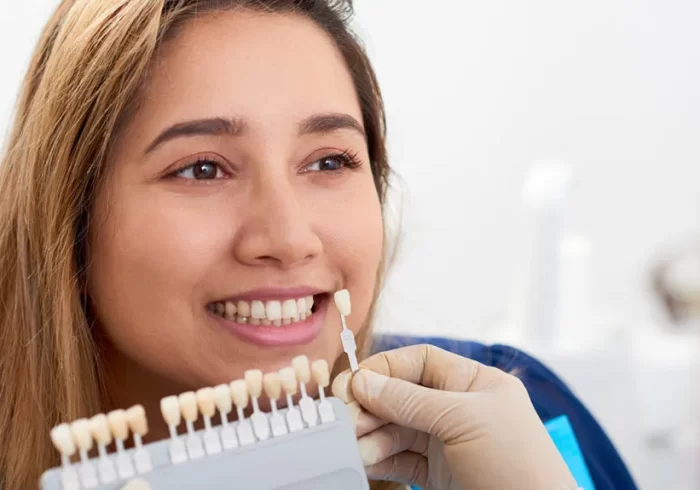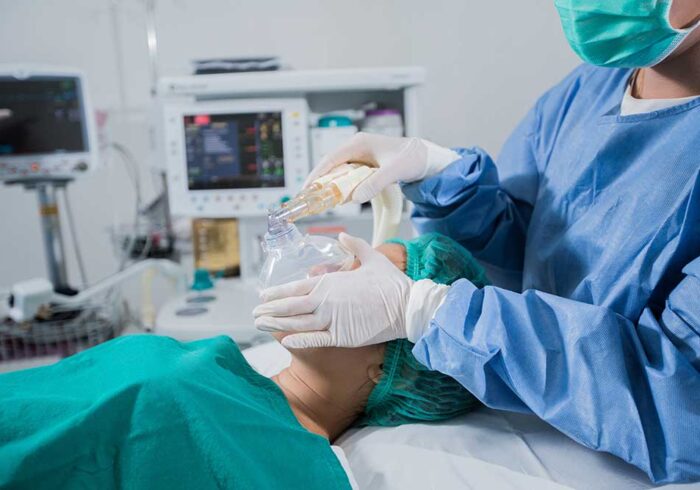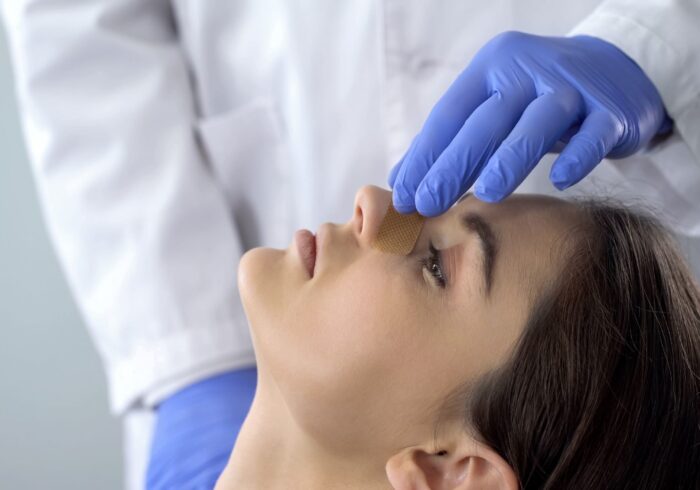Restorative dentistry has come a long way. If you have a broken or fractured tooth, your dentist may recommend getting a dental crown. Also known as a cap, a crown is the encasing that covers the entire surface of a tooth to restore its shape and size. There are different materials used for making crowns, but porcelain is the most common option. When you visit a Manhattan, NY dentist, they will usually do a thorough evaluation of the affected tooth to decide whether you would benefit from a crown. Below are some things to know before you get a crown.
The need for dental crowns
There are several reasons why you may need a dental crown. A fractured or broken tooth can be restored using a crown, while for some people, it is more about a cosmetic enhancement. This is the precise reason why many cosmetic dentists also include crowns in their list of treatments. If there is deep decay in a tooth, which requires root canal therapy, a cap is placed on the top to restore the full function of the tooth. Crowns are also used for covering large fillings.
The procedure
You will need at least two appointments to get a crown. During the first appointment, the dentist will take impressions of your teeth to order a custom crown from a dental laboratory. Before you get the permanent cap, a temporary one could be fixed for the time being. After the end product is ready, you will have to come back for a second appointment, which will be set to the tooth. Your dentist may use a local anesthetic agent to numb the tooth, especially if there is decay that must be removed.
Will it hurt to get a dental crown?
No, a crown is primarily considered a cosmetic or restorative procedure, and therefore, there is no pain involved. If you already have a toothache, your dentist will probably need to do a root canal treatment to remove the decay and pulp from the inside of the tooth. Your dental crown will be fixed only after the dentist is sure that there is no active infection or decay. If you are getting the treatment for cosmetic reasons alone, you may not need local anesthesia.
Contrary to what many patients assume, getting a cap doesn’t have to hurt. This could be the easiest way to protect your natural tooth, especially after RCT or an injury.








